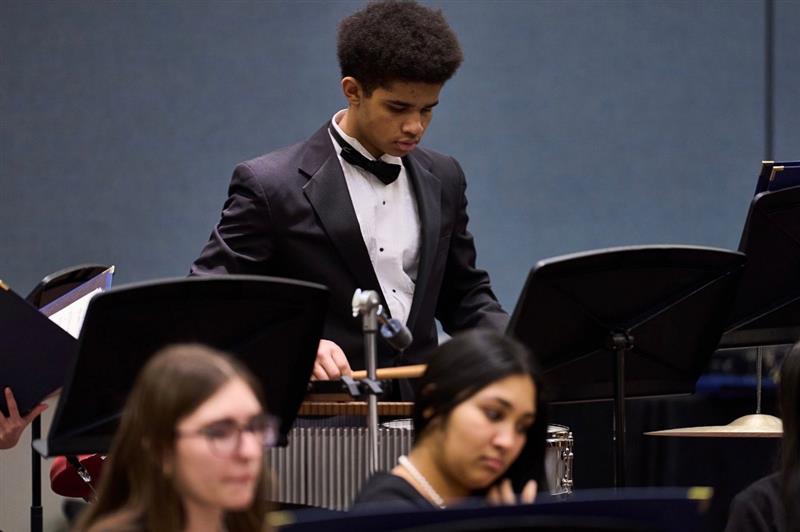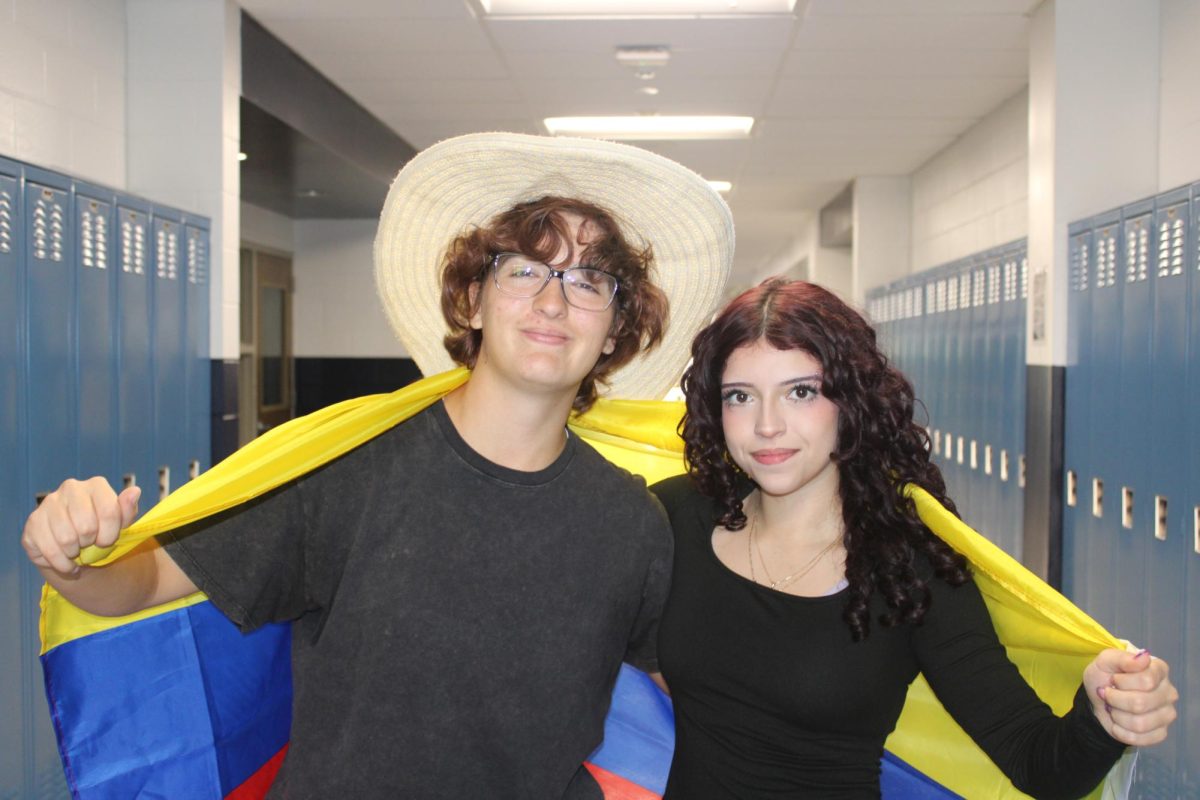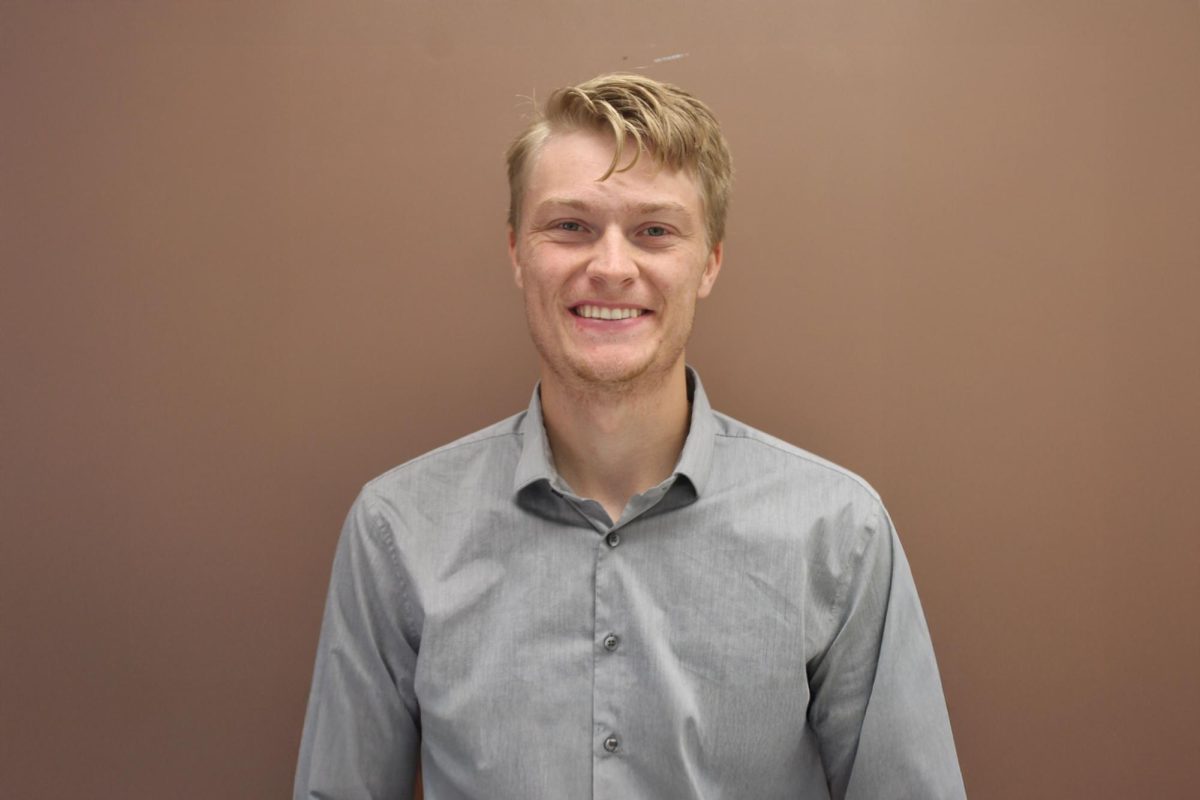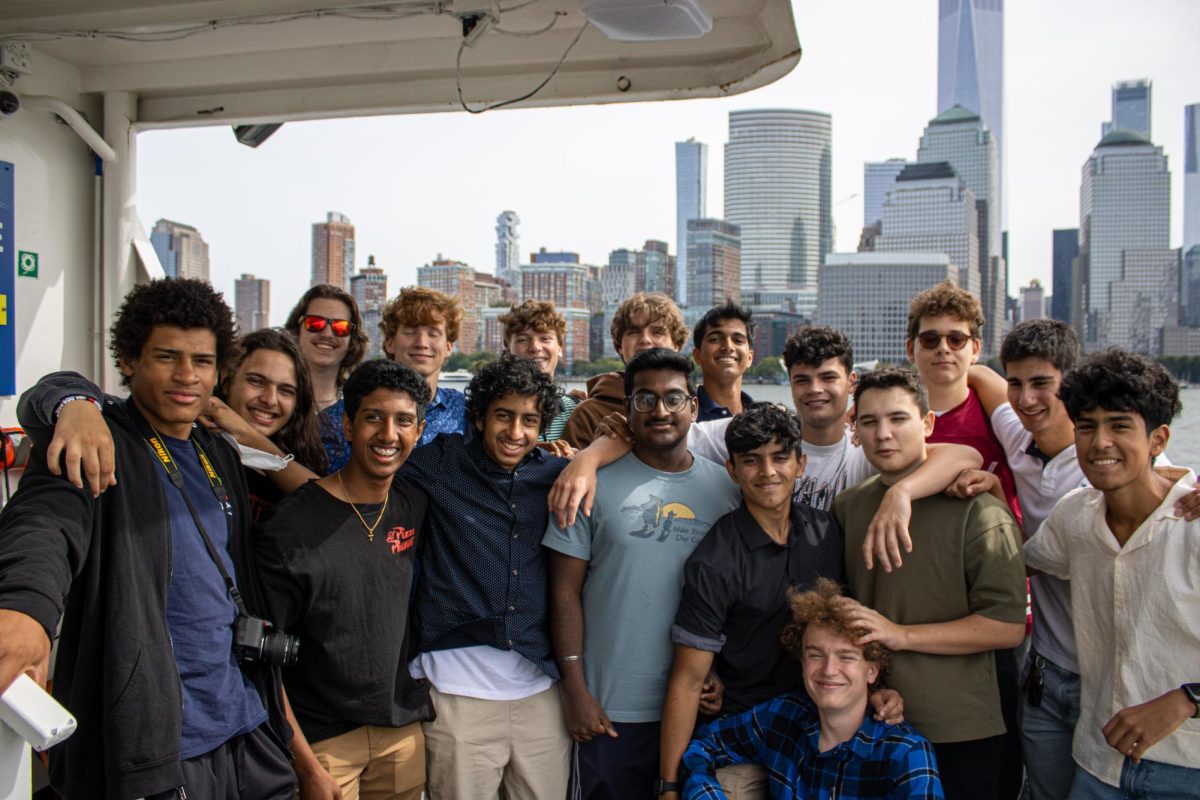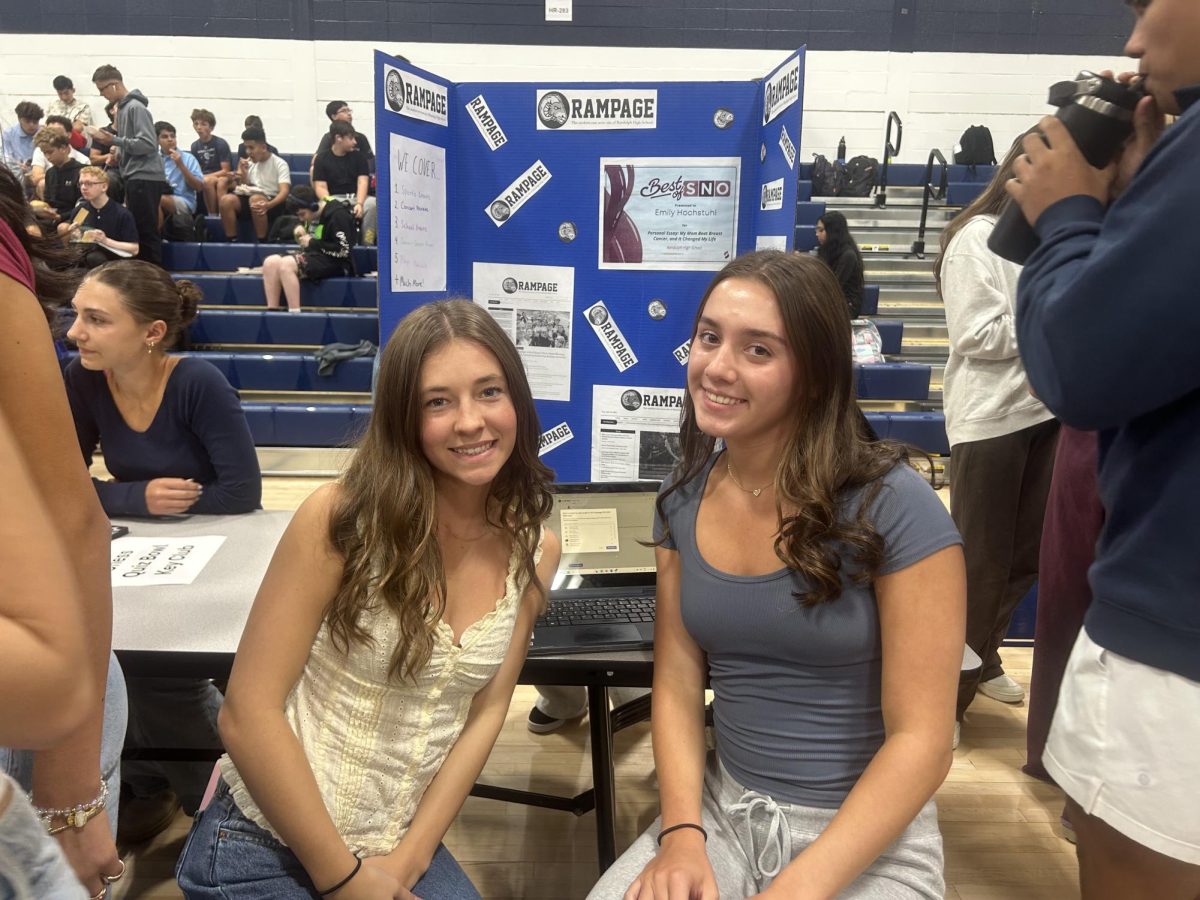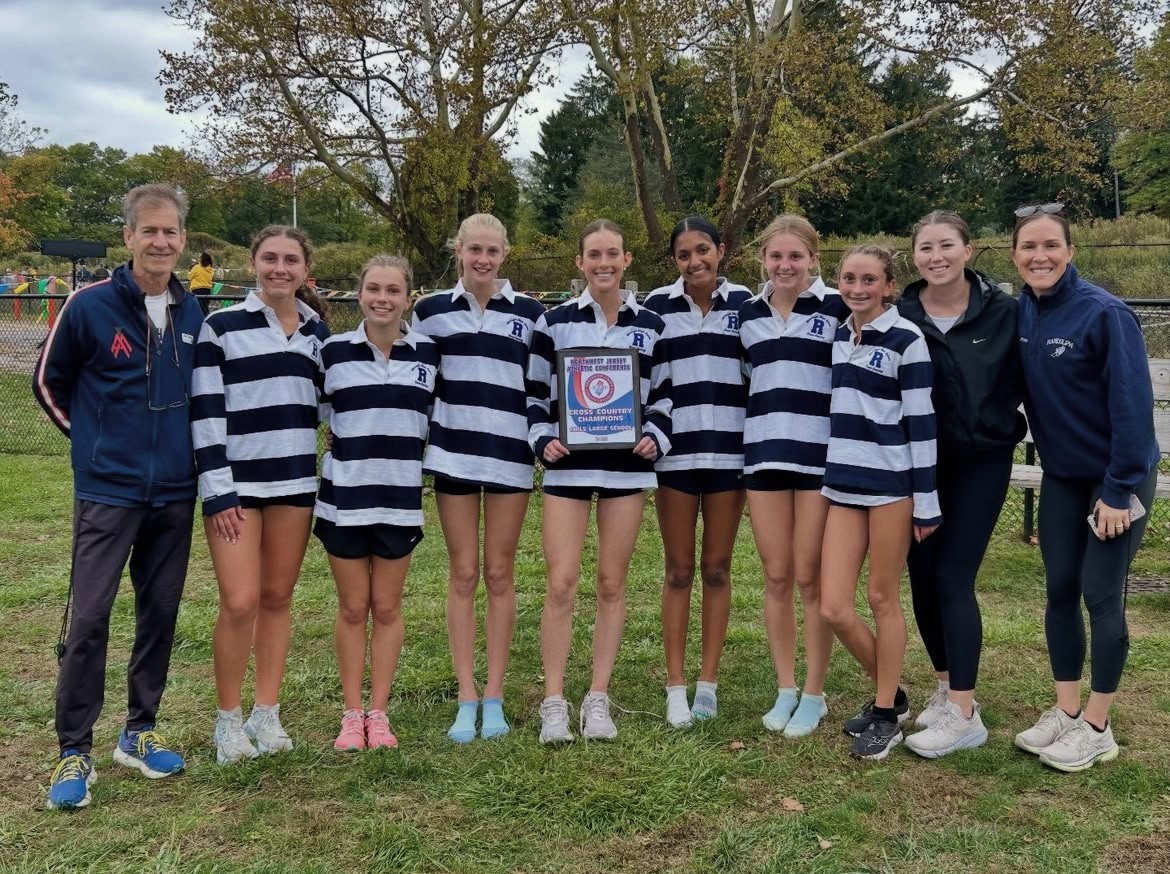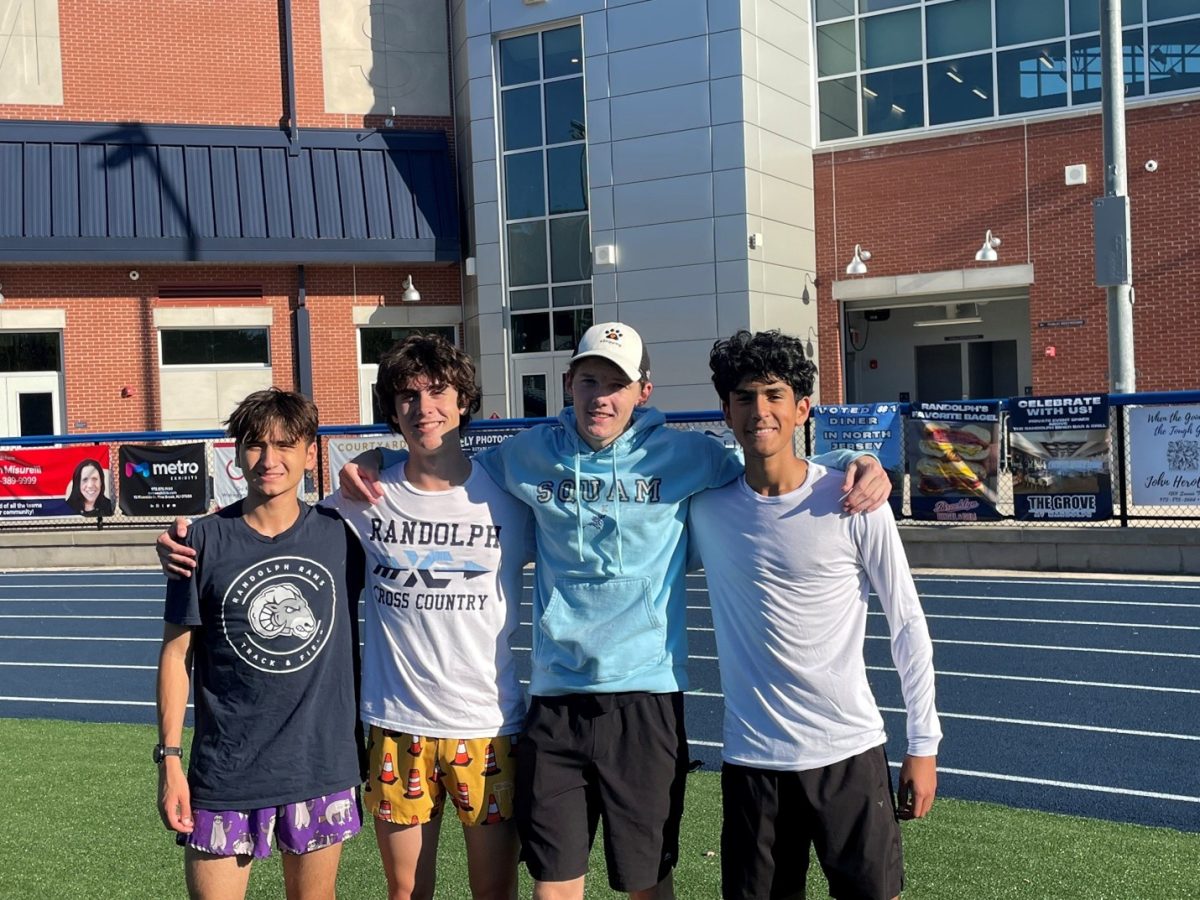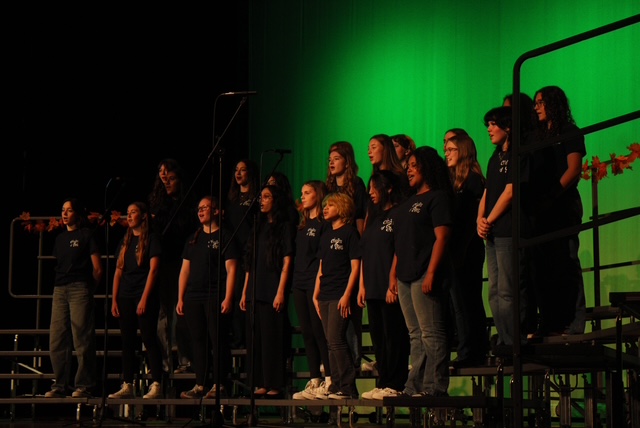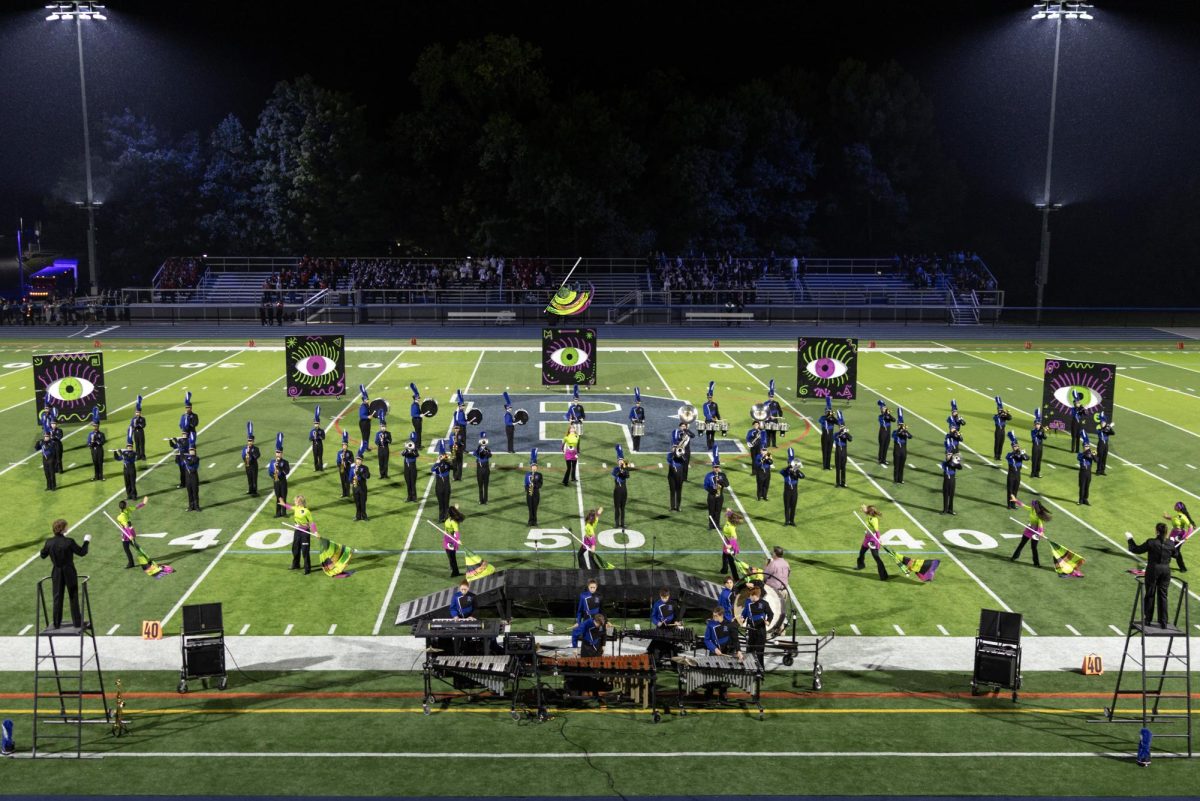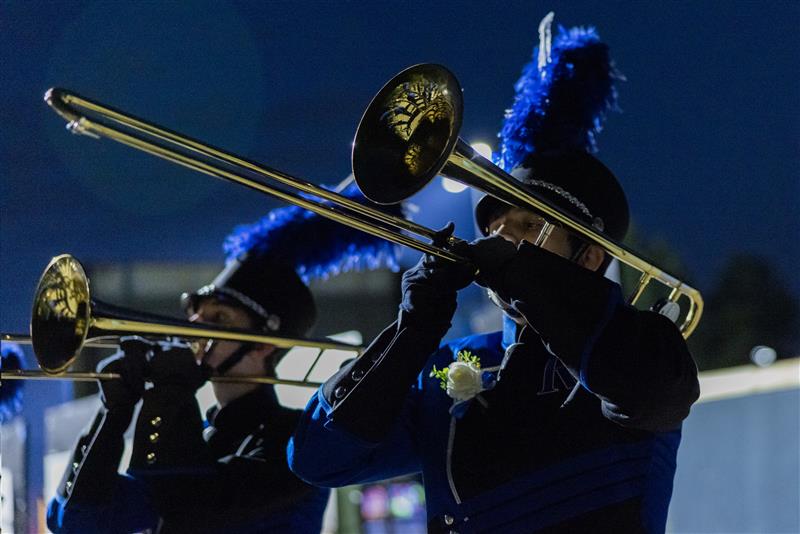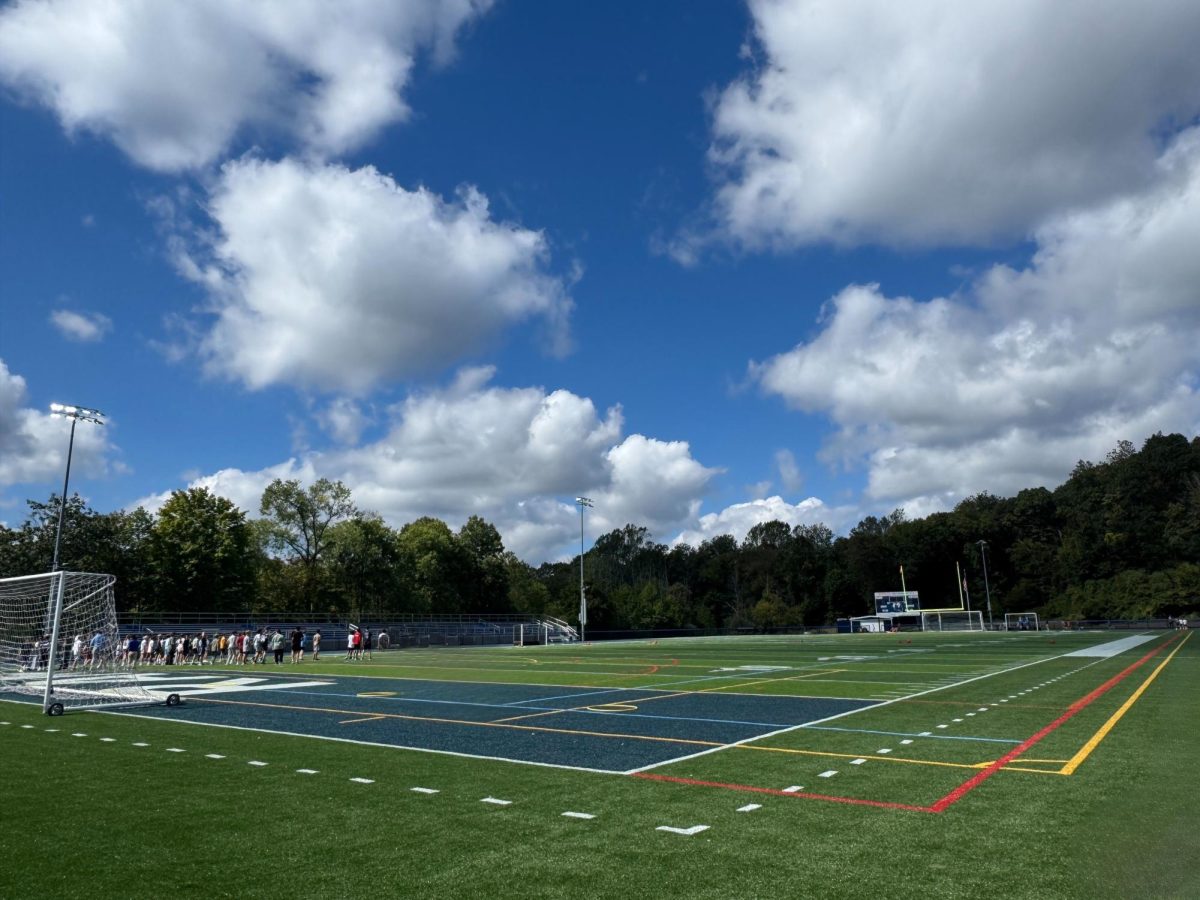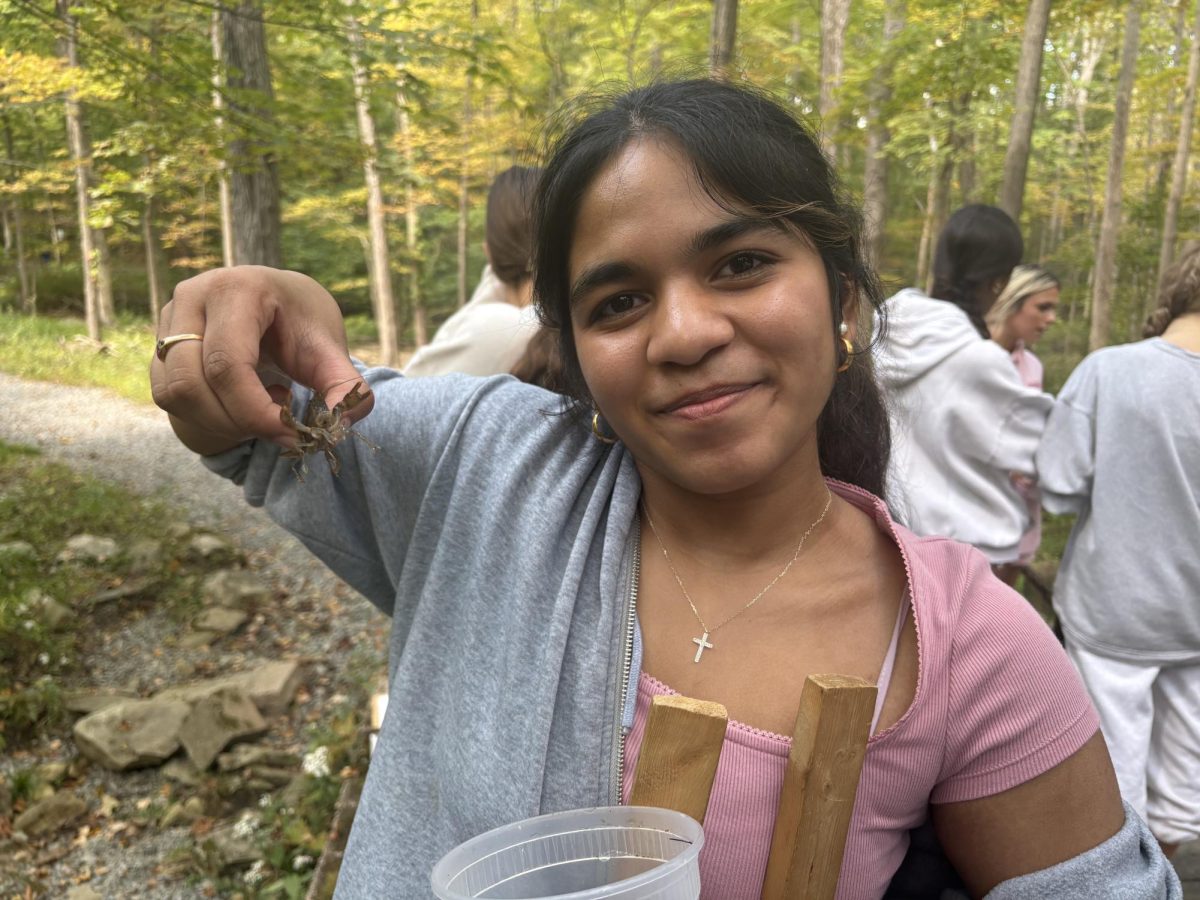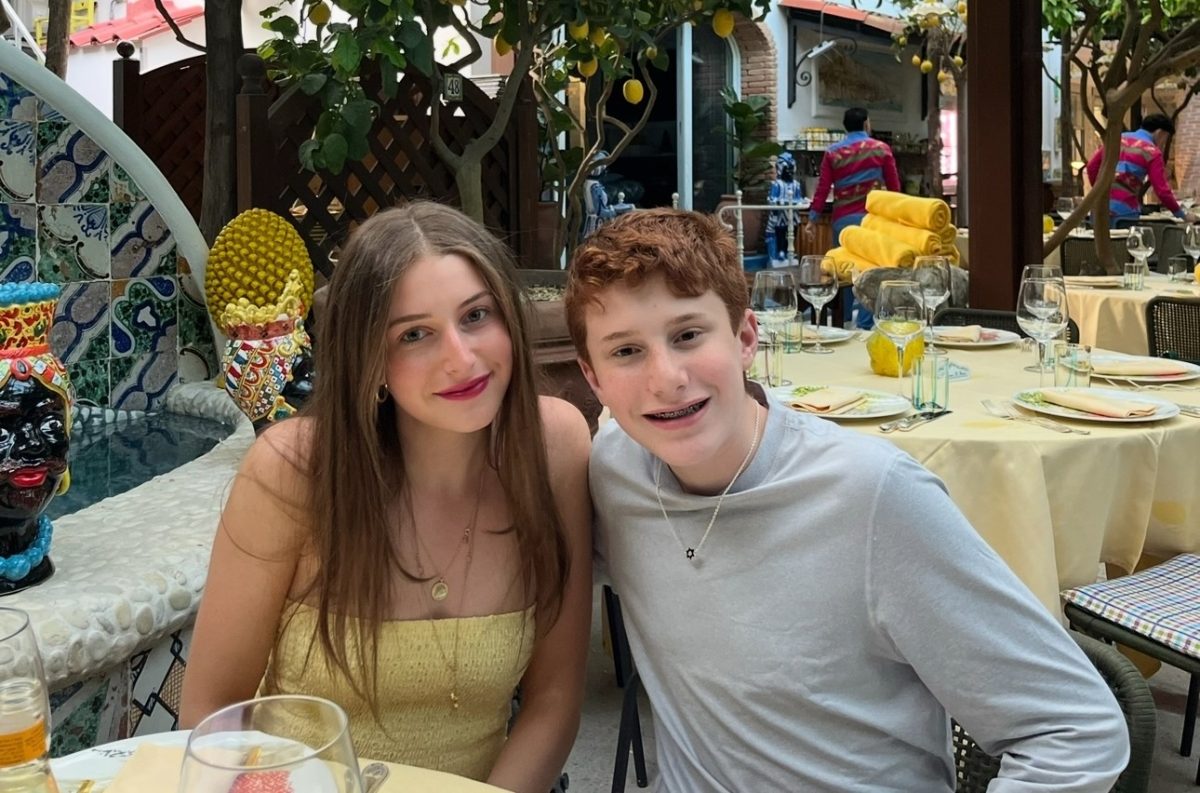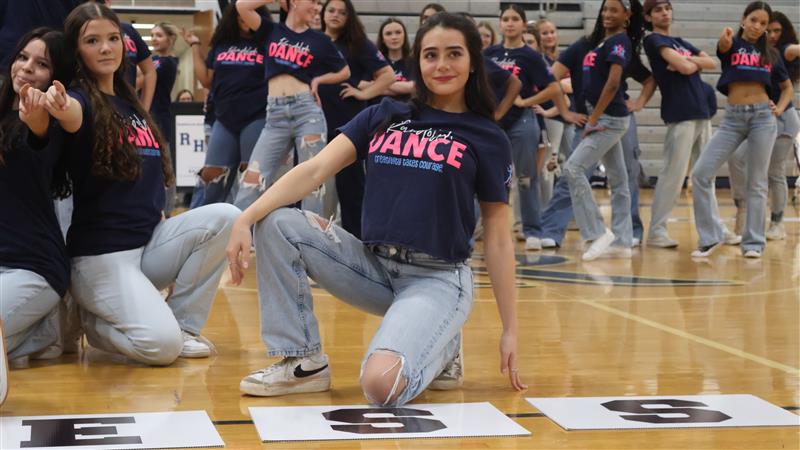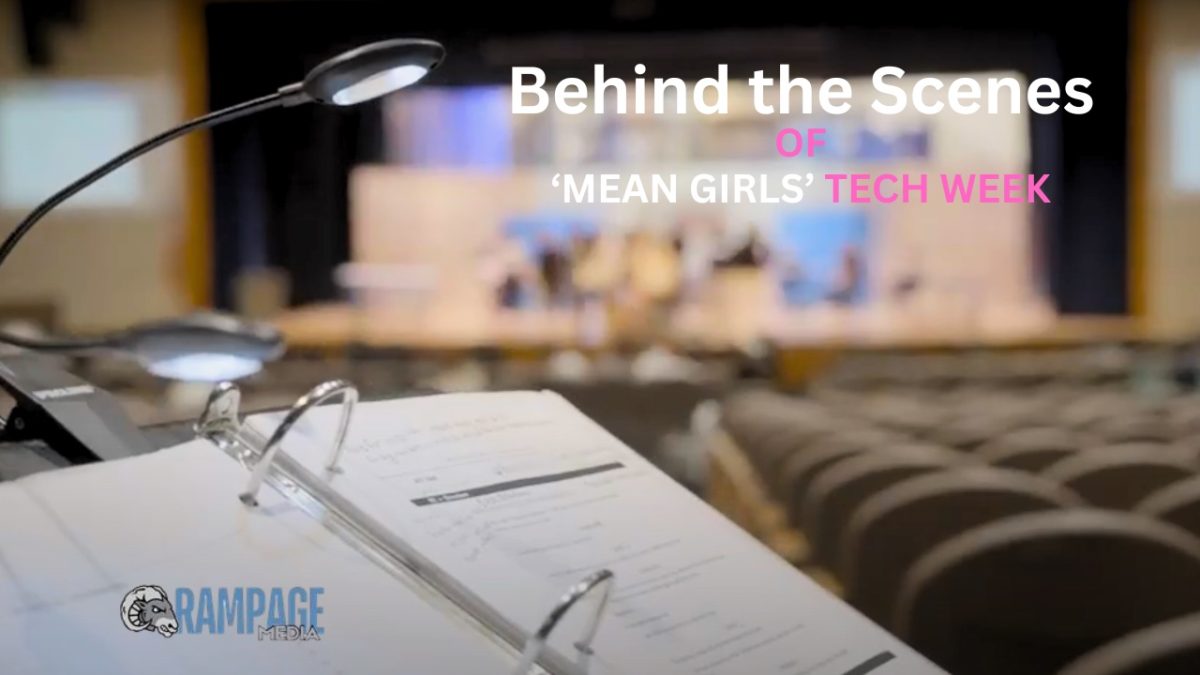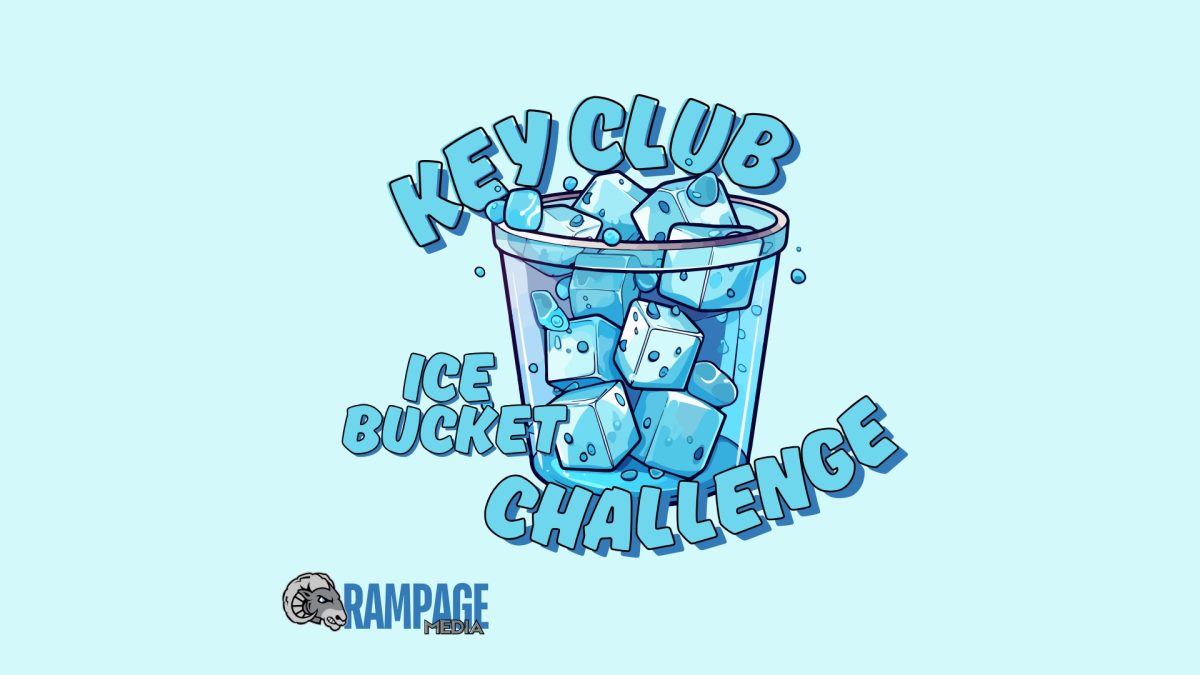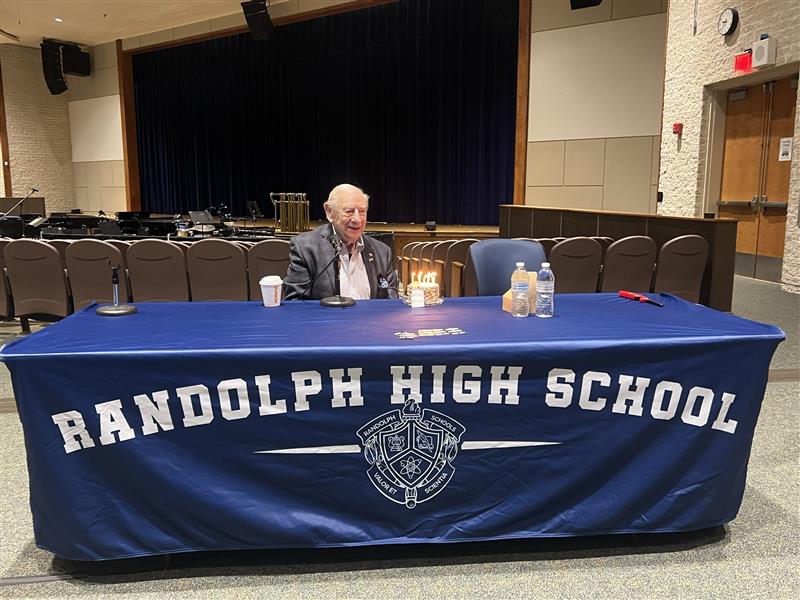“Please do me one favor; do not say the ‘H’ word,” began Fred Heyman, the 95-year-old Holocaust survivor who shared his firsthand account of survival with students in the high school auditorium on Thursday, March 21.
While many in the audience assumed he meant the Holocaust when he referred to the eighth letter of the alphabet, Heyman quickly clarified that he was talking about a different H word: hate.
Using an analogy, Heyman compared hate to the everyday phone apps that people use, suggesting that hate can impact a person’s behavior and worldview just as apps can impact how people interact with others.
“One app you are not allowed to have on your phone, and I’m going to spell it for you because I don’t wish to announce it; I spell it h-a-t-e, and if you do have it, you press delete, delete, delete,” he urged.
Heyman was born in Berlin, Germany in 1929. In 1933, when he was just four years old, everything changed for the worst when Hitler took power, which ultimately led to the Holocaust, the genocide of European Jews by the Nazis from 1941 – 1945.
“I was there when Adolf Hitler gave his acceptance speech,” Heyman noted.
Heyman reflected on the suffering he endured as a member of the Jewish community during the 12 years leading up to and including the Holocaust. “I have enough stories to share for at least eight hours.”
For one of them, Heyman recalled experiencing one of the most chilling moments in Jewish history; Kristallnacht, also known as the “Night of Broken Glass,” was a night of widespread anti-Semitic violence against Jewish people and their property, which was carried out by the Nazis on Nov. 9 – 10, 1938.
“There was nothing pretty about the Night of Broken Glass,” Heyman said. “My school burned down on the Night of Broken Glass.”
Life in Germany only grew worse following Kristallnacht, Heyman explained, as Jewish individuals were no longer seen as citizens. “We were not allowed to speak to Germans, or we would lose our citizenship,” he said.
In the years that followed, laws against the Jewish community escalated under Nazi rule. Trying to stay safe, Heyman’s family hid from the German troops. “We had a cubicle for vegetables in our basement, and we all squeezed in,” he said.
Heyman’s family was still targeted. “My father was arrested at work and housed at Rosenstrasse, where they put all the remaining Jews,” Heyman recalled.
Following his father’s arrest, Heyman and his mother travelled to Rosenstrasse to meet with him. There, he witnessed the Rosenstrasse protest, the largest public protest against the Nazis, where over 200 non-Jewish women demanded the release of the 2,000 men being held captive, most of whom were Jewish males married to non-Jewish partners and the male children of these so-called mixed marriages. “It scared the living daylights out of me,” Heyman recalled.
Heyman also described enduring the frightening bombing raids that occurred in Berlin from 1943-1945. These strategic bombings, carried out by the U.S. and France, aimed to weaken Nazi Germany’s infrastructure and morale, resulting in substantial damage to the city and its population. “It was a beautiful sunny day and all of a sudden, I’d see a dark sky of planes and bombs,” he said.
At the end of his speech, Heyman repeated the request he had made at the beginning: “Please do me a favor; do not say the H word.”
Heyman then re-emphasized his wish for younger generations to grasp the importance of rejecting hatred, stating, “I hope youth learn not to hate each other. Today’s youth have the power to change the world,” he said, and build a future free “from the shadow of hate.”

